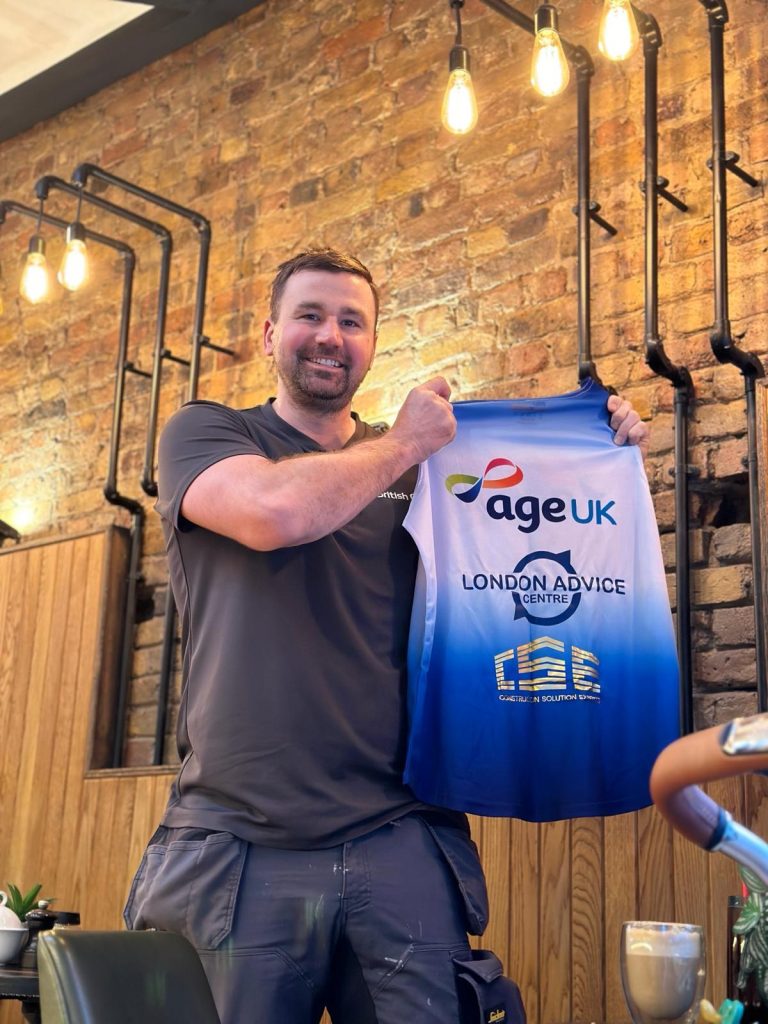In the world of unexpected alliances, the partnership between London Advice Centre and marathon maverick Billy Morgan at the London Marathon stands as a testament to innovation. What unfolds when the expertise of a renowned advisory firm meets the marathon prowess of Billy Morgan? A collaboration emerges, paving the way for unprecedented success and celebrating remarkable achievements.
Unlikely Duo, Unstoppable Drive
London Advice Centre, known for its astute advisory services across various sectors, may seem an unlikely ally for marathon marvel Billy Morgan. Yet, it’s precisely this amalgamation of talents that renders their partnership indomitable. Together, they merge the realms of consultancy and athletics, crafting a synergy that knows no limits.
Fuelling Progress Together
With London Advice Centre’s commitment to excellence and Billy Morgan’s insatiable hunger for success, their collaboration at the London Marathon aims to drive progress to unparalleled heights. Whether navigating intricate advisory scenarios or conquering challenging racecourses, their union ignites their shared pursuit of greatness.
The Force of Collaborative Momentum
The essence of every successful collaboration lies in the momentum that propels both parties forward. For London Advice Centre & Billy Morgan at the London Marathon, this momentum serves as the cornerstone of their achievements. They inspire each other to break barriers and redefine boundaries, showcasing the formidable strength of collaboration.
Breaking Boundaries, Achieving Victory

As London Advice Centre and Billy Morgan continue their journey at the London Marathon, they transcend beyond mere consultancy and running. They obliterate boundaries and push the limits of possibility. Their partnership epitomizes the transformative potential of collaboration, proving that when diverse expertise converges, extraordinary victories await.
In the realms of consultancy and athletics, partnerships like the one between London Advice Centre and Billy Morgan at the London Marathon are rare gems. They underscore that triumph knows no confines and that by joining forces, remarkable feats can be achieved. As London Advice Centre and Billy Morgan chart their path together, one certainty remains: the pinnacle of success lies just ahead.